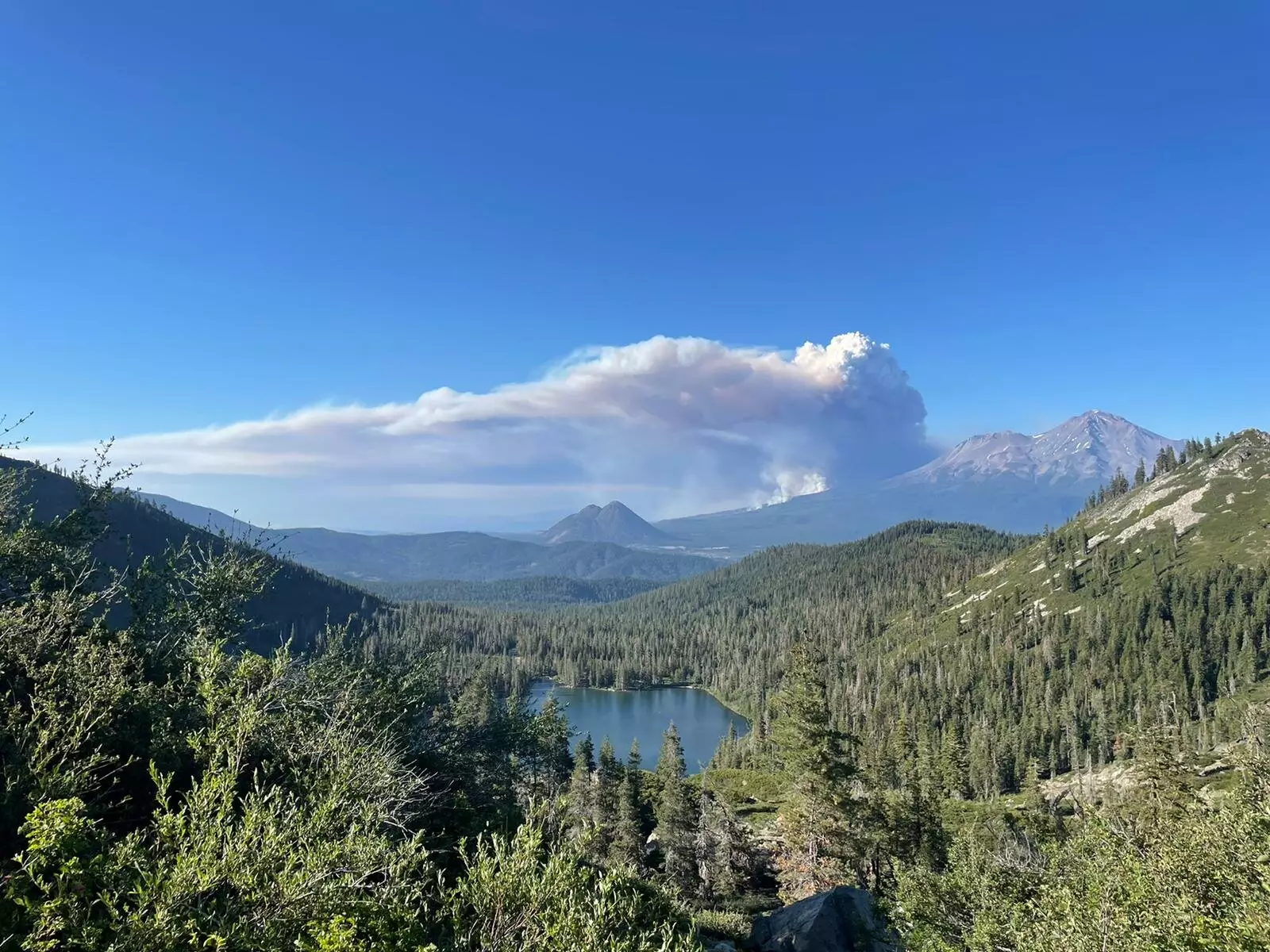The devastating wildfires in California have not only affected forests and communities but also have had a significant impact on the state’s lakes. A study conducted by the University of California, Davis, revealed the alarming extent to which wildfire smoke has covered California in recent years.
Study Findings
According to the study, up to 70% of California was covered by wildfire smoke during parts of 2020 and 2021. The research combined lake-based sensors with satellite imagery to determine that the maximum smoke cover has increased by approximately 116,000 square miles since 2006. This increase is staggering and highlights the widespread impact of wildfires on the state.
The study focused on measuring the impact of smoke on lake ecosystems during the intense fire seasons of 2018, 2020, and 2021. It was found that the lakes were exposed to an average of 33 days of high-density smoke between July and October, with August and September bearing the brunt of the smoky days. This prolonged exposure to smoke poses a serious threat to the health and productivity of these bodies of water.
Challenges and Questions
The researchers encountered challenges in studying the effects of smoke on lakes due to the need for scientific instrumentation to be present in lakes during wildfire events. As smoke settled over California, sensors in 10 lakes monitored changes in water temperature, light, and oxygen. The researchers emphasized the need to address fundamental ecological questions and understand the long-term implications of these changes on lake ecosystems.
Varied Responses
The study confirmed that wildfire smoke alters light, water temperature, and oxygen levels in lakes, which are crucial factors for their functioning and health. However, the responses varied depending on factors such as lake size, depth, nutrient levels, and smoke cover. Changes in photosynthesis and respiration rates were observed, indicating a shift in the overall health and dynamics of lake ecosystems.
The findings underscore the importance of conducting more research to comprehend how wildfires of different scales, scopes, and intensities impact lake ecosystems. It is crucial to reevaluate the perception of wildfire smoke as a seasonal weather phenomenon rather than a temporary event. Considering the long-lasting effects of smoke on ecosystem health is essential for developing effective conservation and management strategies.
The study highlights the urgent need to address the impact of wildfire smoke on California’s lakes. The changing environmental conditions due to prolonged exposure to smoke present significant challenges for the health and sustainability of these vital ecosystems. By acknowledging and investigating these challenges, we can work towards safeguarding the future of California’s lakes and preserving their ecological balance.


Leave a Reply